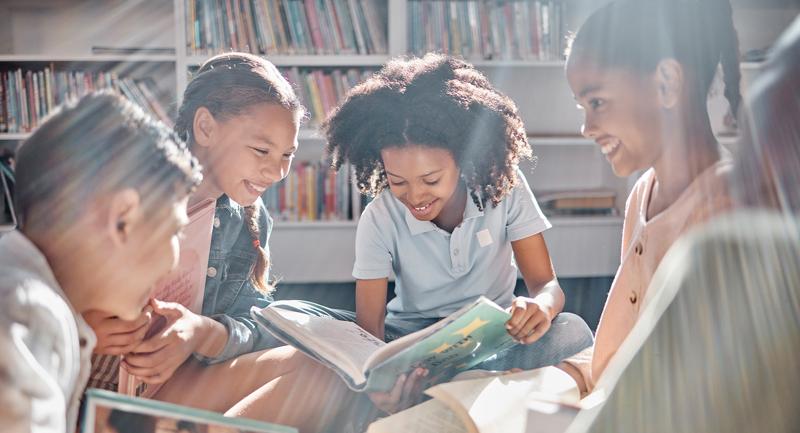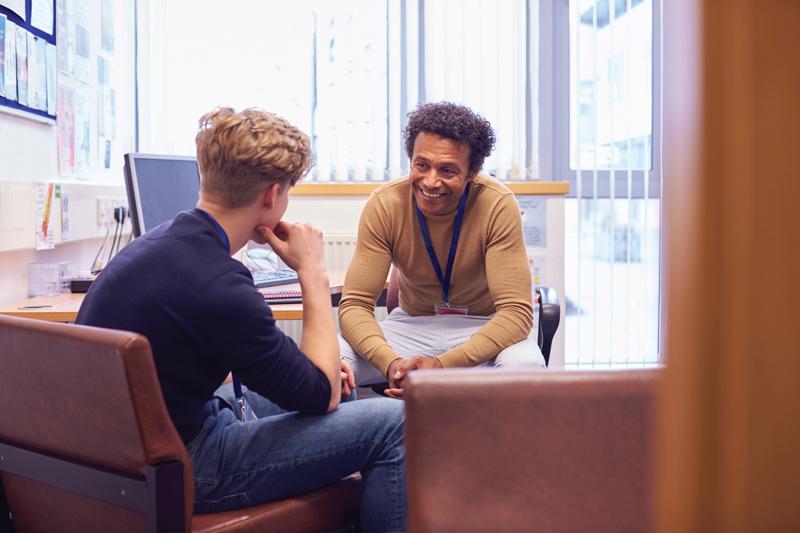There is no shortage of expert-approved, wind tunnel—tested teaching methods to begin and end lessons well. Just ask the question, "What's your most effective way to start and end a class?" in your next department meeting and listen to the array of suggestions from your colleagues: the think-pair-share, the exit slip, the pantomimed tableau, the parking lot, the silent write, or even the Quaker meeting (really!). Personally, my favorite way to begin a period is to greet my students at the door with a small assignment—a contest or puzzler or analysis of sorts—that engages them quickly. I really like to end a period with a think-pair-share followed by one student summarizing the day's lesson for the class. I take notes on the students' presentations, which I then use for my own edification and lesson planning—I think we call it "formative assessment" these days. These are effective teaching techniques, to be sure, and there are many more like them.
But the longer I teach, the more I find that the best way to begin or end a class period is through great relationships with your students. I know, I know: it sounds cliché and sort of like an edu-expert's sage advice on Twitter, but I saw this theory proven again and again as I observed teachers in my role as a district-level mentor, and I've tested it many times in my own teaching career. Without positive student-teacher relationships and a resultant class culture built on respect, trust, fairness, high expectations, and a healthy dose of fun, class periods will probably not begin or end well.
When we take the time to see our kids as actual human beings with complex, serious lives and not simply as students to control, vessels to fill with knowledge, or horses to ride in a desultory race toward high test scores, we will have a better time planning for and making the most of these two crucial sections of a class period.
Kids do not learn much from teachers they do not appreciate or respect. In a classroom where control, sarcasm, intimidation, personal politics, passive-aggressive behavior, apathy, or sheer ignorance define its culture, it would not matter if the teacher were Madeline Hunter herself: most students would not respond well to any construct designed to launch or conclude learning. I'll give you a sad example from my own past. As a first-year high school teacher, most of my relationships with students were strained and shallow because they were based in my fear of losing control. I was very strict, and I can remember asking my classes to stand up, exit the classroom, and come back in "when they could learn to be quiet" to begin the period. I cringe at the memory: I cannot think of a more awful way to start a class. The problem wasn't with my students, the problem was with me. I, the teacher, had not taken the time to build positive relationships with them. I only expected them to follow my directions because I was "in charge."
Fortunately, I had a class of freshmen during my second year that helped me realize that I needed to be more authentic with them. Their feedback taught me that it was acceptable to make mistakes in front of them, that it was ok to show that I had a sense of humor, and that I didn't get to be the only smart person in the room. The beginnings of the period became fun and even exciting as the kids began to show up a bit early—"Mr. Curnett! What are we going to do today?" And the students began to suddenly own the endings of the period as well—"Wait, Mr. Curnett. What if we don't finish this?" These times only began to become effective when I became more aware of how I was relating to my students, not because of any lesson plan that I had developed.
So, we would do well to ask ourselves the following questions in order to have great beginnings and endings of class periods: Do I genuinely like my students and look forward to being in the classroom with them? Have I taken the time to know something about each and every one of them? Can I still have high expectations for my students while treating them with respect? Are my lessons challenging and responsibly-planned as well as fun and interesting? If the answers to these questions are clearly "yes," then pedagogical ideas, such as sponge activities and exit slips (and all the rest of them), can be effective. If the answers are "no" or even "maybe," then it does not matter how we begin or end a lesson. The students will either be quietly compliant or overtly disrespectful, and in either case, they will not be learning much—if anything—at all. By connecting with students and treat them respectfully, teachers can transform a cold classroom into an authentic, inviting one filled with energy.







